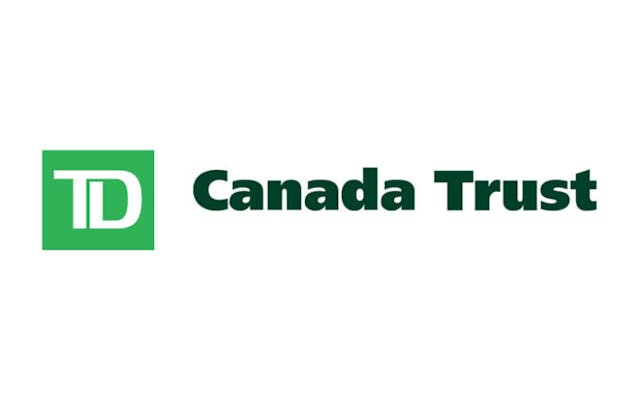Nov 13, 2021
Are Reverse Mortgages A Bad Idea?
Recently, the reverse mortgage has gained high popularity among senior homeowners and retirees looking to fund their old-age expenses. Unlike traditional loan options, it can be secured by the equity of a house without providing any income verification.
In Canada, anybody above the age of 55 can acquire a reverse mortgage equivalent to 55% of the value of a property. The fund raised through this process is tax-free and can be used in any way.
Well, there are many advantages of opting for this type of loans, such as keeping the ownership of the home and no burden of repaying through monthly payments. Instead, can pay off the reverse mortgage once the borrower chooses to move or sell the house. Alternatively, the estate has to repay the entire amount in case of the death of the debtor.
Doesn't this seem like an excellent option for securing cash to meet your basic living expenses? But before taking the plunge, let's analyze how taking a reverse mortgage is indeed a bad idea, which may leave you destitute and complicate your heirs' inheritance rights.
1. It might be too costly

The interest on a reverse mortgage is higher than a traditional mortgage or line of credit. Plus, as regular repayments are not made on the debt, the compounded interest increases the mortgage value over a long time.
The higher interest rate on loans is associated with lesser home equity once you reimburse the amount. Sometimes, the interest can accumulate to a point where the homeowner has no money left.
The worst thing is that the loan payer has to pay a fee to clear off the debt early. Moreover, the cost associated with such loans is usually high as they include a home appraisal fee, application fee, closing fee, and fee for independent legal advice.
On top of this, most reverse mortgage terms require the borrowers to pay the property taxes, maintenance costs, and homeowners insurance to avoid default. And, if you can't afford the cost associated with these expenses, the lender may mark you as a defaulter.
2. Risk of losing the property

A reverse mortgage contract lays down specific terms and conditions, failure to follow which might require the borrower to either repay the loan or lose the property. For example, moving out of the house for any reason might require the borrower to repay the reverse mortgage due. However, if the borrower fails to repay, he might lose ownership of his house.
Similarly, if the borrower dies without repaying the loan, the estate or its heirs must pay the reverse mortgage. But if they cannot make repayment within the stipulated time, the house must be sold to repay the loan.
Both these conditions can leave little or no inheritance with your legal heirs. Plus, if you live with someone like a spouse or relative, your death will force them to vacate the house immediately.
What to consider before opting for a reverse mortgage?
We cannot deny that reverse mortgage is an ideal funding option for those looking to tap equity to fund their old-age expenses. But on the flip side, it has some downsides. So, before opting for it, you should look for other lines of credit options that will not eat up the property's value.
Here are some essential factors that should be considered before securing a reverse mortgage.
Health condition

If you have medical bills, opting for a reverse mortgage may seem to be an easy option to continue obtaining better healthcare facilities. However, if your health deteriorates further to require getting hospitalized for a long term, you should not opt for such a loan. After all, must repay the loan in full if the borrower's primary residence is relocated.
Your financial situation

If you want your family to become the sole owners of your property after your death, then opting for a reverse mortgage might not be the best decision as it will complicate your heir's inheritance rights. Also, money obtained from this kind of loan might not be sufficient to meet all your expenses.
The livability of the house

Staying in your house might become difficult when you become older. This might be due to hefty home maintenance, inappropriate location, lack of amenities, and uncomfortable design. Due to all these factors, you might move soon to better accommodation. As a result, you will face the burden of repaying the entire sum of the reverse mortgage.
Conclusion
Reverse mortgage is an easy-to-secure and tax-free funding option for senior homeowners in Canada. But it might cannibalize the entire equity of the home and create undue pressure on loan repayment due to some unexpected situations. Therefore, it's best to consider a financial expert's advice beforehand.

![[object Object]](https://images.prismic.io/ratelockca/9e949215-4959-46a3-9738-b2badc935c33_RFA+800x500.png?auto=compress%2Cformat&w=1000&h=400)
